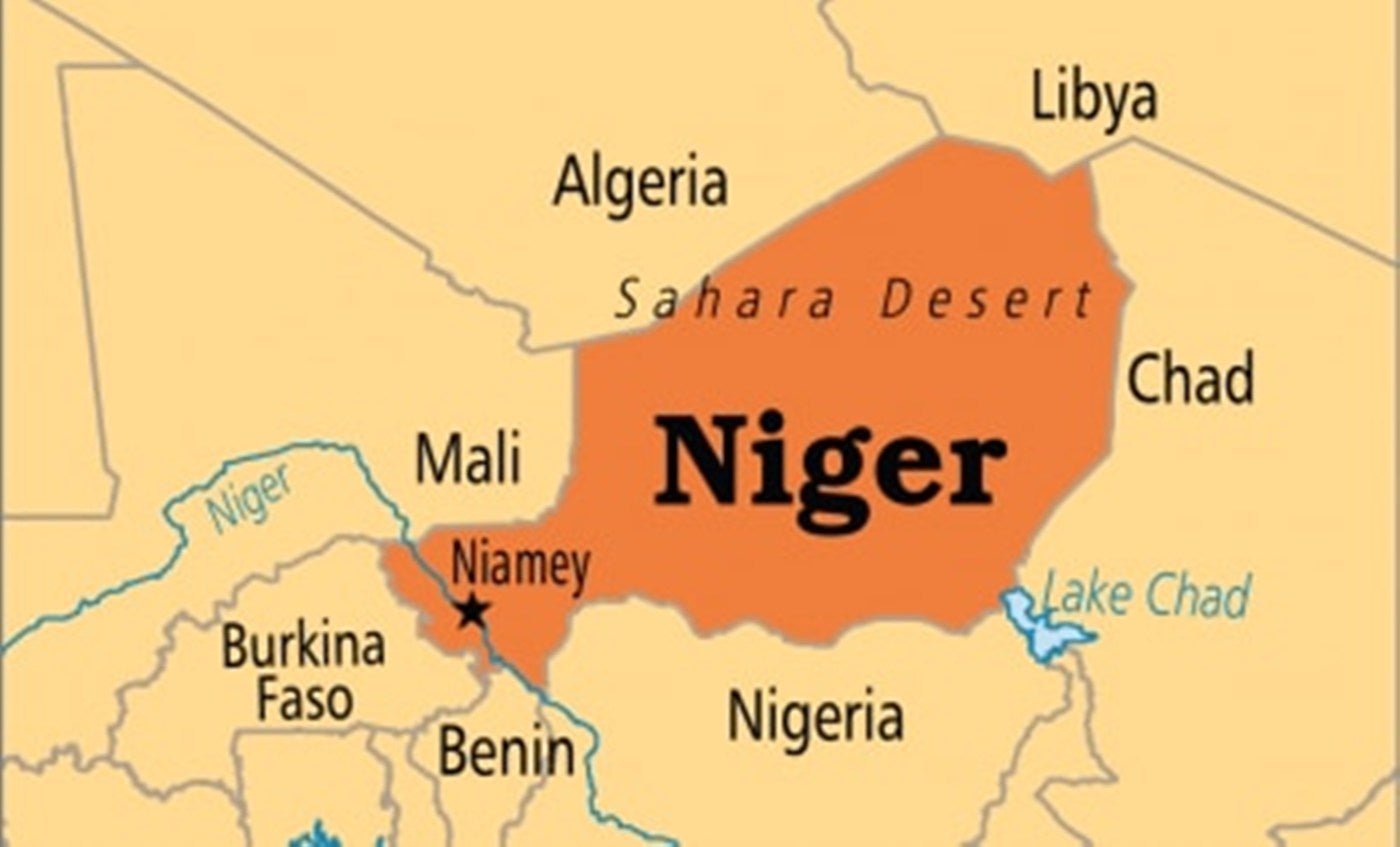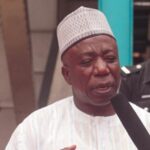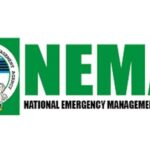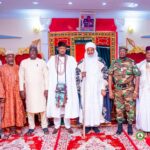Since the appearance of the first part of this piece last week, matters have moved so fast that by the time you finished reading this the imbroglio between Nigeria and Niger Republic would have been resolved. Nevertheless, it is necessary to go back in time to feel the buoyancy that had characterised our relationship and why it rankled when we closed the border and denied them electricity, which plunged the Nigerien citizens into months of distress.
Niger Republic had always been our closest ally. Eight states of the northernmost part of Nigeria share thousands of years of common history, religion, culture and trade divided only recently by the artificial border drawn by the British and French colonial powers. Hausa, Kanuri and Fulfulde are the staple languages of communication on both sides of the border. In these times of insurgency, we also have shared security protocols to protect our two countries.
During the start of the Nigerian Civil War in mid-1967, when this country was in direst need of diplomatic support and arms for its fighting men, it was to Niger Republic that we turned for help. Late Usman Faruk, the Military Governor of North-Western State (1967-75) put down all that transpired in one of the last books he authored: Victors and Vanquished in the Nigerian Civil War (2011). Readers might recall that during the military government of that era, the military governors were not only their states’ overlords but were also active participants in the Supreme Military Council, the highest decision-making organ of the federal government.
Usman Faruk stated in the book that at the commencement of the war, the Nigerian Army was, ‘neither numerically adequate, sufficiently equipped nor fully prepared to bear the pressure which the war imposed on it. Already, the Igbo officers who formed the bulk of the officers’ corps in the Nigerian Army had withdrawn to the Biafran side. Both sides had no real air force. The Nigerian Air Force had just been created. It was in its embryonic stage, possessing only a bare dozen trainer aircraft of the Dornier type. The rebels on the other hand had two American-built B-26 bombers purchased clandestinely from second-hand French markets.
- Nigerian airlines operating under difficult circumstances – Keyamo
- Financial planning – How much do you need? (V)
The rebels also possessed a number of French-built helicopters originally bought for civil purposes by oil companies operating in the Eastern Region prior to the civil war. This enhanced Biafra’s air strike capability in raiding federal bases in Kaduna, Makurdi and Kano. They also bombed oil installations in Escaravos, the oil terminal at Ogbigbe and also refineries and oil depots.’
To compound matters, the commander of the One Division of the Nigerian Army, Kaduna, Col Mamman Shuwa, had confided to the northern states’ governors that he had hardly enough arms and logistics for even one battalion out of the several under the division. On further enquiries, Col Shuwa intimated that he had less than 200 men under arms. It, then, became incumbent on the northern states’ governors to work out how to mobilise for recruitment of able-bodied youths and training them as well as help to procure arms for the One Div.
Fortunately, the Federal Military Government had earlier set up an interim administrative council for the new northern states under the chairmanship of General Hassan Usman Katsina, the immediate former governor of the defunct Northern Region. Members of the council included Ali Akilu, Secretary to the late Premier and former Head of the Northern Nigerian Civil Service, all permanent secretaries of the defunct Northern Region, all secretaries of the military government of the newly created states as well as heads of the Army, Air force and Police in Kaduna among others. Though this council was ostensibly for the sharing of assets of the defunct region and other associated matters it also became a think tank on how to prepare for the oncoming war.
The council made a huge impact towards mobilising the North for the civil war and most importantly, assisted in securing arms and ammunition. A special committee was set up to procure the arms comprising Ali Akilu, Muhammadu Bashar, a former Northern Nigerian minister and a prince of Daura among others. Usman Faruk coordinated. They made sustained efforts and found the best-listening ears from the President of the Niger Republic, Hammani Diori, and his powerful wife, A’isha Diori. Usman Faruk wrote on A’isha Diori: ‘The iron lady, whom we came to regard as a godmother, was a constant visitor to Sokoto Government House. She was also a self-appointed Ambassador of Nigeria to all the Francophone countries, as well as to France, she exerted an extraordinary influence on leading French politicians.’
The lady was closely involved in sourcing arms of all descriptions from Europe on behalf of the northern governments. The arms were moved from the Mediterranean seaports and over the desert through the Niger Republic and to Sokoto. Usman Faruk received the consignments as they came and delivered them to the One Div. Those were the initial armaments that helped the Nigerian Army to push and break through to Obudu, Calabar and the Mile-Nine corner near Enugu. Usman Faruk said of President Hammani Diori: ‘His rare courage and dedication to helping his brothers in Northern Nigeria against stiff opposition from his former colonial masters – the French proved that blood is thicker than water.’

 Join Daily Trust WhatsApp Community For Quick Access To News and Happenings Around You.
Join Daily Trust WhatsApp Community For Quick Access To News and Happenings Around You.


